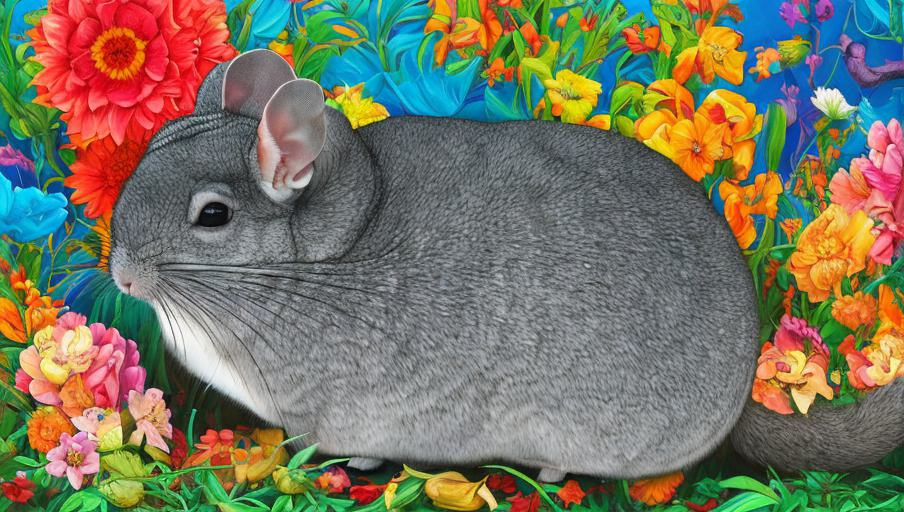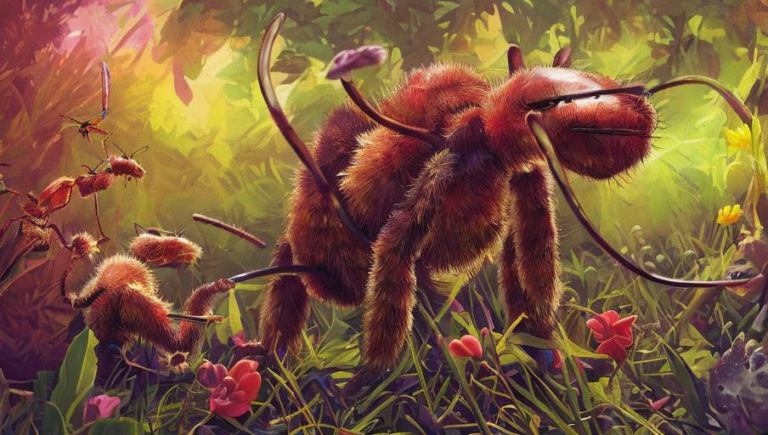Delivering Quality Care to a Chinchilla

Introduction
Chinchillas are small, cute, and fluffy creatures that have been kept as pets for centuries. While they are relatively easy to look after, they require a specific diet, environment, and handling to stay healthy and happy. They are also quite sensitive to their environment and can easily get sick if their needs are not met. As such, delivering quality care to a chinchilla is essential for its wellbeing.
Diet
Chinchillas are herbivores and need a diet that is high in fiber. The diet should include hay, fresh vegetables, and a variety of pellets and chinchilla-specific treats. It is important to remember that chinchillas cannot digest too much sugar, so it is best to avoid giving them sweet treats. Additionally, chinchillas need a consistent diet, so it is important to stick to the same foods and treats to ensure that their nutritional needs are met.
Environment
Chinchillas need an environment that is dry, clean, and safe. A chinchilla cage should be large enough for the chinchilla to move around and should be made of wire mesh to avoid any risk of escape. The cage should also be fitted with a solid floor to avoid any risk of the chinchilla’s feet slipping through the cage’s wires. Additionally, the cage should be lined with bedding such as shredded paper, hay, or wood shavings. The cage should also be located in a quiet area away from any drafts or direct sunlight, as chinchillas can easily get too hot.
Handling
When handling a chinchilla, it is important to remember to be gentle and slow. Chinchillas can get scared easily, so it is important to move slowly and talk in a soft, soothing voice. It is also important to ensure that the chinchilla is properly supported when being handled, as chinchillas do not like to be held in a way that leaves them dangling or unsupported.
Health Care
Chinchillas require regular grooming and health checks. It is important to check the chinchilla’s fur and skin for any signs of infection. Additionally, it is important to trim the chinchilla’s nails and teeth regularly to ensure that they remain at a healthy length. Lastly, it is important to keep an eye on the chinchilla’s diet and weight to ensure that it is getting the correct nutrients and is not over or underweight.
Conclusion
Delivering quality care to a chinchilla requires patience, dedication, and a lot of research. It is important to remember that chinchillas are sensitive creatures, and their needs must be met for them to stay healthy and happy. By providing the correct diet, environment, and handling, a chinchilla can live a long and happy life.





